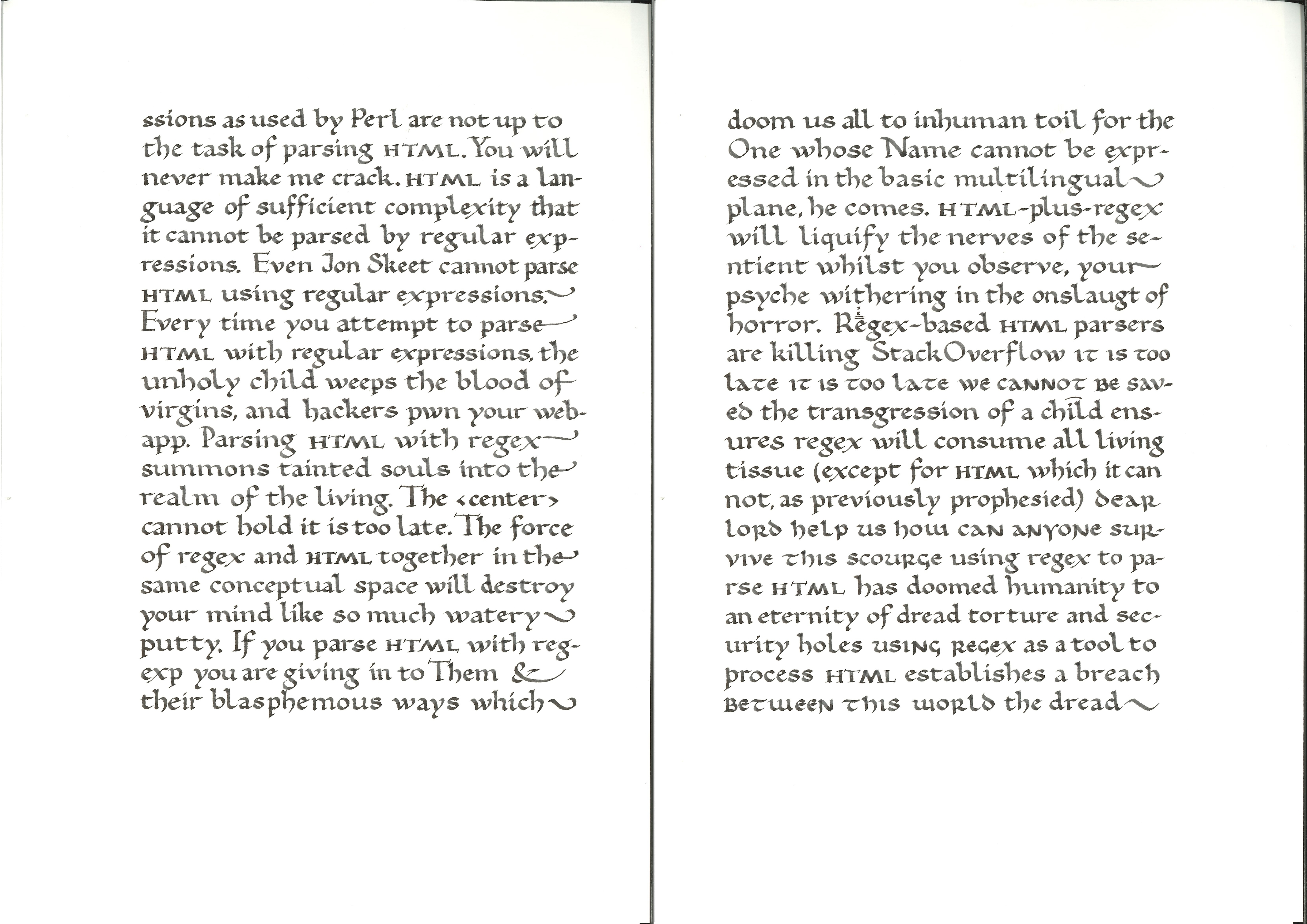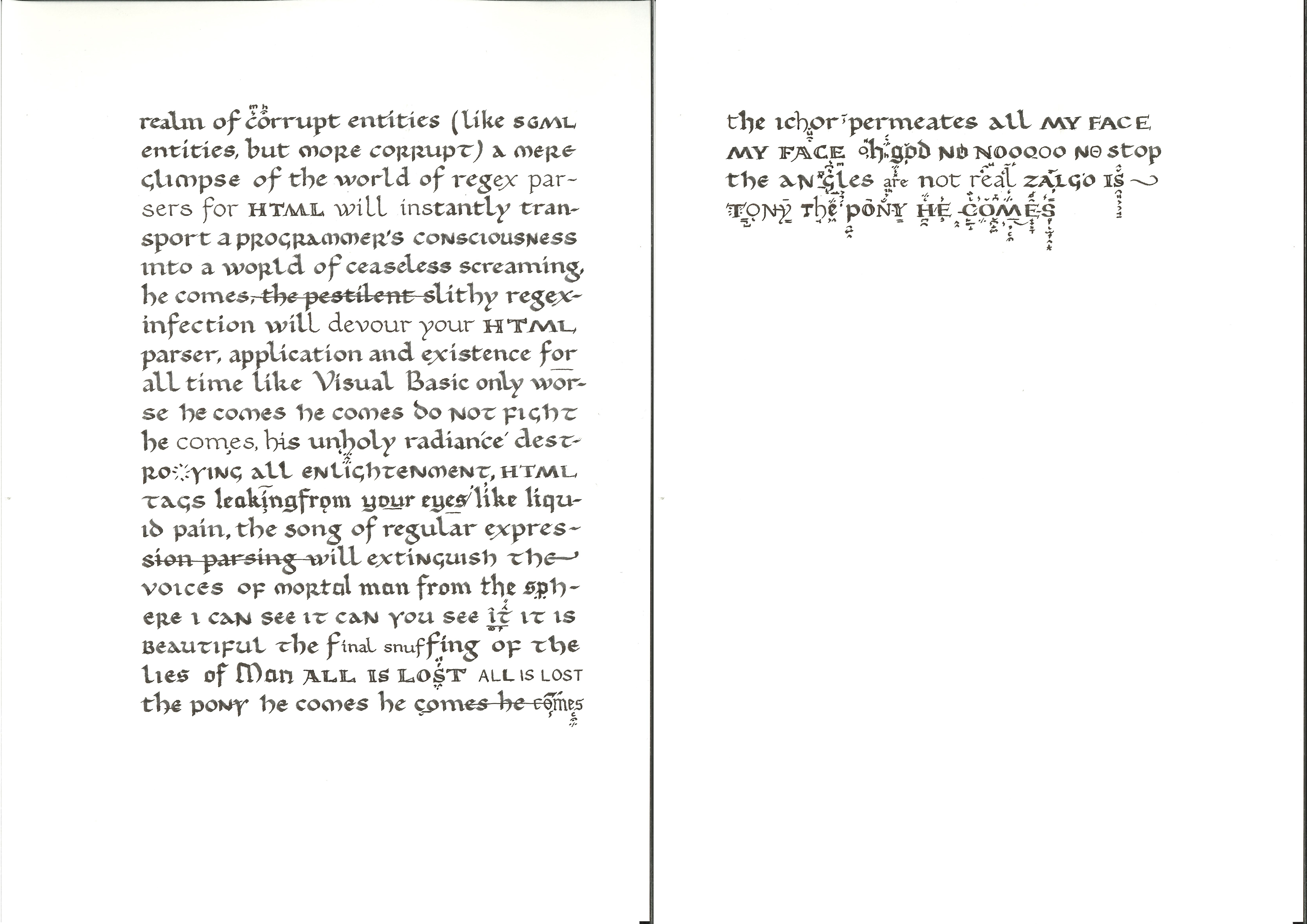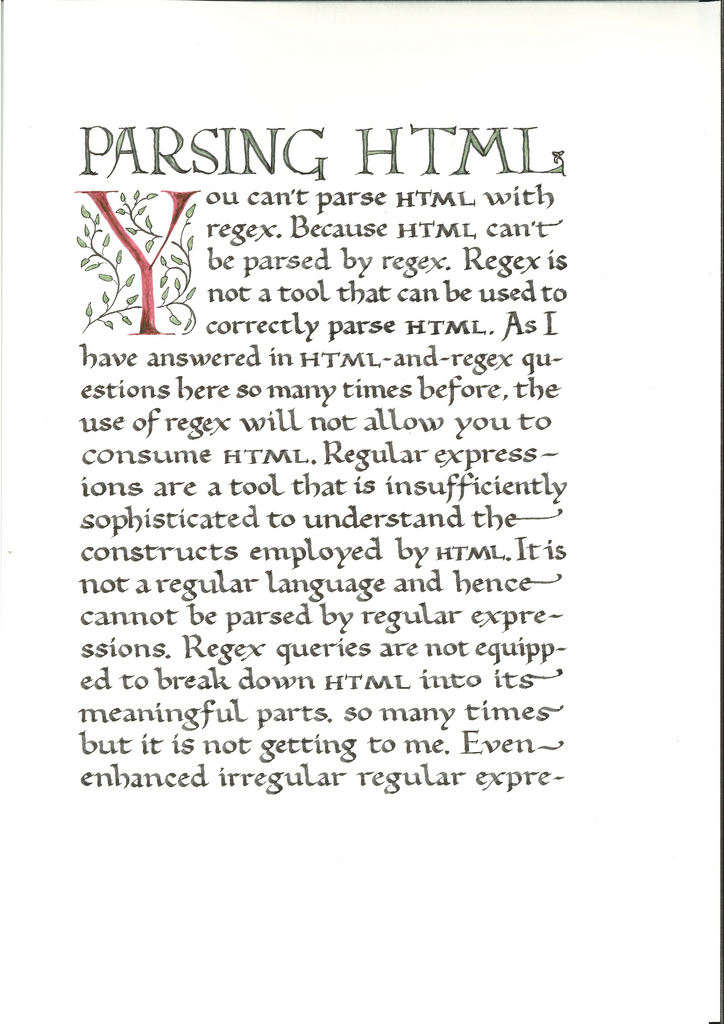this post was submitted on 29 Feb 2024
338 points (96.2% liked)
linuxmemes
21197 readers
54 users here now
Hint: :q!
Sister communities:
- LemmyMemes: Memes
- LemmyShitpost: Anything and everything goes.
- RISA: Star Trek memes and shitposts
Community rules (click to expand)
1. Follow the site-wide rules
- Instance-wide TOS: https://legal.lemmy.world/tos/
- Lemmy code of conduct: https://join-lemmy.org/docs/code_of_conduct.html
2. Be civil
- Understand the difference between a joke and an insult.
- Do not harrass or attack members of the community for any reason.
- Leave remarks of "peasantry" to the PCMR community. If you dislike an OS/service/application, attack the thing you dislike, not the individuals who use it. Some people may not have a choice.
- Bigotry will not be tolerated.
- These rules are somewhat loosened when the subject is a public figure. Still, do not attack their person or incite harrassment.
3. Post Linux-related content
- Including Unix and BSD.
- Non-Linux content is acceptable as long as it makes a reference to Linux. For example, the poorly made mockery of
sudoin Windows. - No porn. Even if you watch it on a Linux machine.
4. No recent reposts
- Everybody uses Arch btw, can't quit Vim, and wants to interject for a moment. You can stop now.
Please report posts and comments that break these rules!
founded 1 year ago
MODERATORS
you are viewing a single comment's thread
view the rest of the comments
view the rest of the comments



There's a difference between 'processing' the text and 'parsing' it. The processing described in the section you posted it fine, and you can manage a similar level of processing on HTML. The tricky/impossible bit is parsing the languages. For instance you can't write a regex that'll relibly find the subject, object and verb in any english sentence, and you can't write a regex that'll break an HTML document down into a hierarchy of tags as regexs don't support counting depth of recursion, and HTML is irregular anyway, meaning it can't be reliably parsed with a regular parser.
Identifying parts of speech isn't a requirement of the word parse. That's the linguistic definition. In computer science identifying tokens is parsing.
https://en.m.wikipedia.org/wiki/Parsing
That's certainly one level of parsing, and sometimes alk you need, but as the article you posted says, it more usually refers to generating a parse tree. To do that in a natural language isn't happening with a regex.
Thanks for all the explaining. I always wondered why you can't parse HTML since I first saw the Stack Overflow post, when you can take any HTML code you find and write an expression to work against said set of data.
I never understood the word parse to mean understanding and building a structure based on any input.